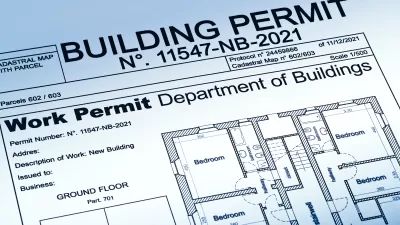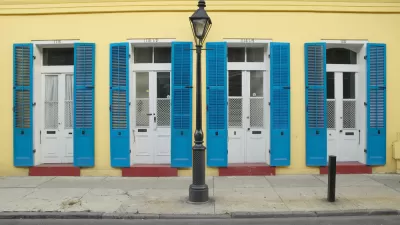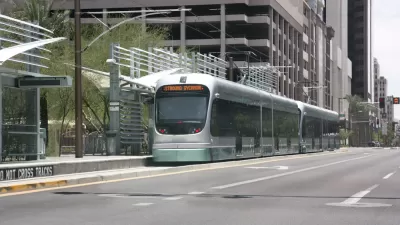Residents in the Kalamazoo, MI area voted on Tuesday to maintain and expand bus service by passing a 0.75-mill tax. They can expect more frequent and late night service to be provided by the new Central County Transportation Authority.
The transit measure was vital to the one-year-old Central County Transportation Authority, a function of the Kalamazoo County Government, which covers Kalamazoo and the surrounding cities and townships. It will allow CCTA to maintain and expand Kalamazoo Metro Transit.
"The (0.75-mill) levy runs through 2020 and replaces the current 0.6-mill levy levied in the city of Kalamazoo, which expires at the end of this year," writes Julie Mack for MLive.com. According to Investopedia, millage rate is "(t)he amount per $1,000 that is used to calculate taxes on property."
The tax will cost $45 a year on a home that has a market value of $120,000 and a taxable value of $60,000, which is about the average for the county. The millage is projected to raise $3.5 million in 2016.
As a result of the measure's passage, Metro Transit will provide new Sunday fixed-route service, and weekday service from 10 pm to midnight. In addition, it will "support the transit system's transition from diesel-fuel buses to hybrid-battery buses," adds Mack.
Millages play a crucial role in funding Metro Transit, according to the Kalamazoo County Transportation Authority's funding breakdown:
State Grants - 34 percent
Property Tax Millages - 29 percent
Fares - 21 percent
Federal Grants - 14 percent
Other - 2.5 percent
Correspondent's note: It's nice to see Kalamazooans support their local transit service, as it will complement the new 110-mph intercity rail service to Chicago thanks to federal high-speed-rail stimulus funding.
Hat tip to AASHTO Daily Transportation Update.
FULL STORY: New transit tax OK'd by 62% Kalamazoo-area voters in Tuesday's election

Planetizen Federal Action Tracker
A weekly monitor of how Trump’s orders and actions are impacting planners and planning in America.

Chicago’s Ghost Rails
Just beneath the surface of the modern city lie the remnants of its expansive early 20th-century streetcar system.

San Antonio and Austin are Fusing Into one Massive Megaregion
The region spanning the two central Texas cities is growing fast, posing challenges for local infrastructure and water supplies.

Since Zion's Shuttles Went Electric “The Smog is Gone”
Visitors to Zion National Park can enjoy the canyon via the nation’s first fully electric park shuttle system.

Trump Distributing DOT Safety Funds at 1/10 Rate of Biden
Funds for Safe Streets and other transportation safety and equity programs are being held up by administrative reviews and conflicts with the Trump administration’s priorities.

German Cities Subsidize Taxis for Women Amid Wave of Violence
Free or low-cost taxi rides can help women navigate cities more safely, but critics say the programs don't address the root causes of violence against women.
Urban Design for Planners 1: Software Tools
This six-course series explores essential urban design concepts using open source software and equips planners with the tools they need to participate fully in the urban design process.
Planning for Universal Design
Learn the tools for implementing Universal Design in planning regulations.
planning NEXT
Appalachian Highlands Housing Partners
Mpact (founded as Rail~Volution)
City of Camden Redevelopment Agency
City of Astoria
City of Portland
City of Laramie





























